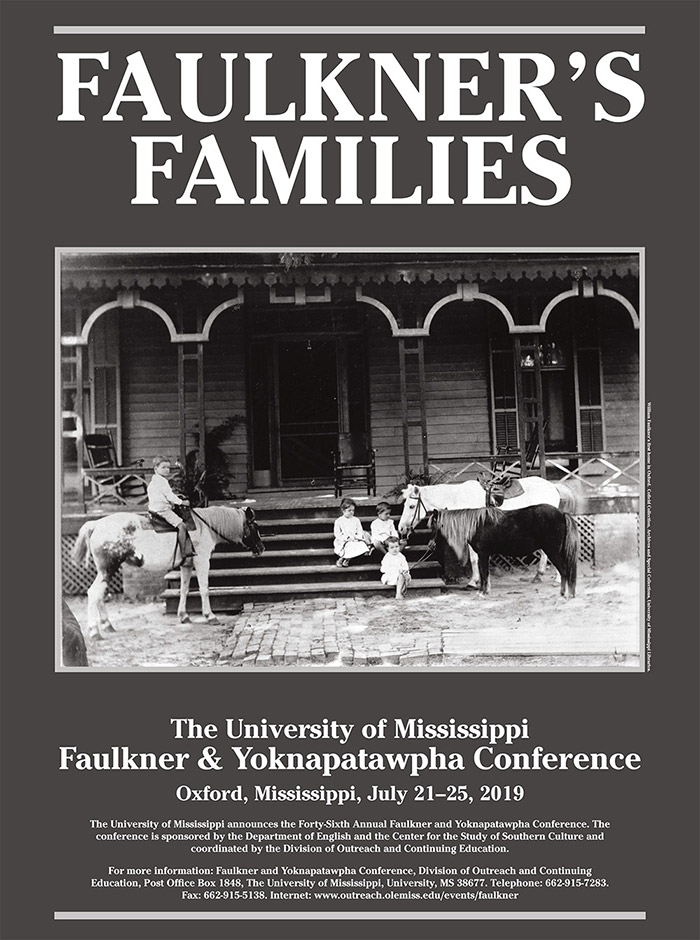
Felling and Pining: Mortality, Inequality, and Impiety in Deep South Woodlands
Location
Nutt Auditorium
Start Date
23-7-2019 12:30 PM
Description
Drawn from my forthcoming documentary photobook Felling & Pining, this lecture applies new tools to research on poverty, mortality, and impiety in the Deep South to explain why the United States’ most religious region is also its poorest. Probing both the distant and recent past, it charts the rise of a secular metaphor for mortality, emerging from the nineteenth-century forest-products industry: death as a life cut short, like a felled tree. As this illustrated lecture demonstrates, the metaphor is visually manifested on the landscape in a rich alternative iconography that, albeit overlooked, challenges any notion of a Southern theocratic monolith. Doubting Christian conceptions of a heavenly afterlife, many poor Southerners working the forests and fields found a more plausible metaphor for death from the natural world all around them. They began to understand life’s end—the cessation of consciousness—not as a transition to eternal bliss but rather as a final form of perfect peace.
Relational Format
Conference proceeding
Recommended Citation
Howard, John, "Felling and Pining: Mortality, Inequality, and Impiety in Deep South Woodlands" (2019). Faulkner and Yoknapatawpha Conference. 17.
https://egrove.olemiss.edu/fy/2019/schedule/17
Felling and Pining: Mortality, Inequality, and Impiety in Deep South Woodlands
Nutt Auditorium
Drawn from my forthcoming documentary photobook Felling & Pining, this lecture applies new tools to research on poverty, mortality, and impiety in the Deep South to explain why the United States’ most religious region is also its poorest. Probing both the distant and recent past, it charts the rise of a secular metaphor for mortality, emerging from the nineteenth-century forest-products industry: death as a life cut short, like a felled tree. As this illustrated lecture demonstrates, the metaphor is visually manifested on the landscape in a rich alternative iconography that, albeit overlooked, challenges any notion of a Southern theocratic monolith. Doubting Christian conceptions of a heavenly afterlife, many poor Southerners working the forests and fields found a more plausible metaphor for death from the natural world all around them. They began to understand life’s end—the cessation of consciousness—not as a transition to eternal bliss but rather as a final form of perfect peace.

